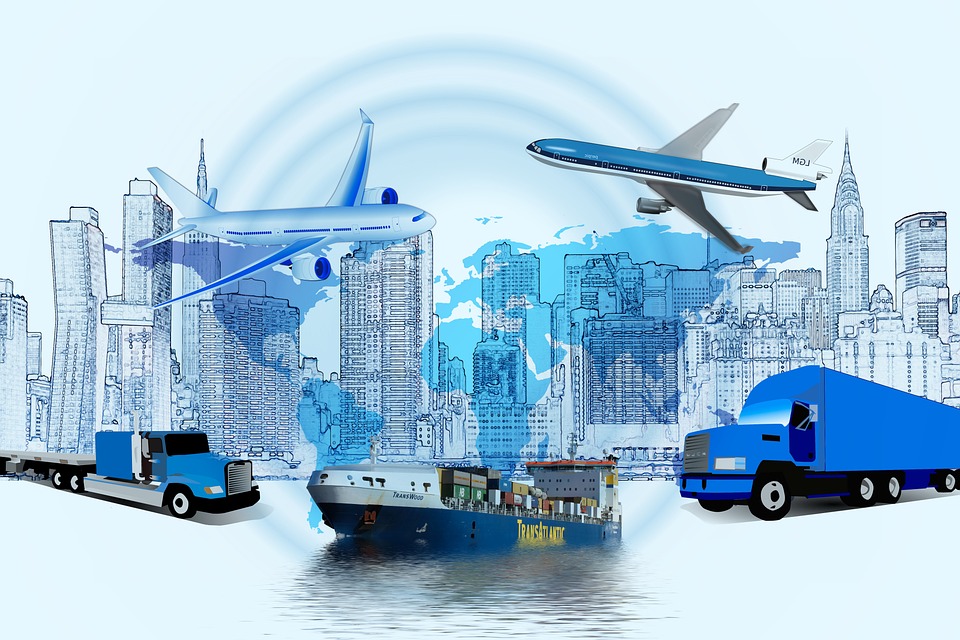The Impact of Globalization on Production Processes
Globalization has had a significant impact on production processes around the world. As countries have opened up their markets to foreign competition, companies have been forced to adapt their production methods to remain competitive. This shift has had both positive and negative consequences on the global economy.
Increased Efficiency and Cost Reduction
One of the main benefits of globalization on production processes is the increased efficiency and cost reduction that it can bring. By sourcing materials and labor from countries with lower production costs, companies can reduce their overall expenses and increase their profit margins. This has led to a rise in outsourcing and offshoring of production processes to countries with lower labor costs, such as China and India.
Furthermore, globalization has allowed companies to access a larger pool of skilled workers and specialized suppliers from around the world. This has enabled companies to improve the quality of their products and enhance their production processes by leveraging the expertise of professionals in different fields. As a result, companies can produce higher quality products at lower costs, making them more competitive in the global marketplace.
Supply Chain Optimization
Globalization has also led to the optimization of supply chains, allowing companies to streamline their production processes and reduce lead times. By sourcing materials from different countries and outsourcing production to specialized manufacturers, companies can create a more efficient and flexible supply chain that can respond quickly to changing market demands. This has enabled companies to reduce their inventory levels and production lead times, resulting in cost savings and improved customer satisfaction.
Additionally, globalization has encouraged the adoption of advanced technologies and production techniques, such as automation and robotics, to improve efficiency and productivity. This has enabled companies to increase their output and reduce labor costs, leading to higher profitability and competitiveness in the global market.
Challenges and Risks
While globalization has brought many benefits to production processes, it has also created challenges and risks for companies. One of the main challenges is the increased competition from foreign firms that can offer lower prices due to their lower production costs. This has forced companies to continuously innovate and improve their production processes to remain competitive in the global marketplace.
Furthermore, globalization has exposed companies to supply chain vulnerabilities, such as political instability, natural disasters, and trade disputes that can disrupt production processes and lead to significant financial losses. Companies must therefore develop robust risk management strategies to mitigate these risks and ensure the continuity of their production processes.
Moreover, globalization has raised concerns about the impact on local economies and labor markets. The outsourcing of production processes to foreign countries has led to job losses in many developed countries, where manufacturing industries have declined due to increased competition from low-cost producers. This has resulted in social and economic upheaval in many communities, leading to political backlash against globalization and calls for protectionist measures to safeguard domestic industries.
Conclusion
In conclusion, the impact of globalization on production processes has been profound and far-reaching. While it has brought many benefits, such as increased efficiency, cost reduction, and supply chain optimization, it has also presented challenges and risks for companies to navigate. As the global economy continues to evolve, companies must adapt their production processes to remain competitive and resilient in the face of changing market dynamics. By leveraging the opportunities that globalization presents and mitigating the risks that it entails, companies can thrive in an increasingly interconnected and competitive world.
